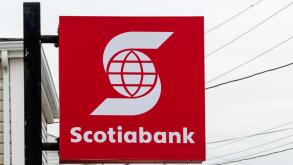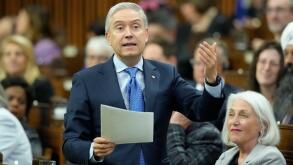Top Section/Ad
Top Section/Ad
Most recent
Second Canadian lender to declare official support for embryonic SSA issuer as government takes lead on establishing new entity
Project to establish bond-issuing multilateral bank gets under way, aiming to strengthen Nato and allies’ defence capacity and procurement
Data center ABS may have captured vast attention but the infrastructure data centers require — in particular fiber optic cable networks — will also be a rich source of securitization activity
IPO pace has been quickened but CSG structure was exceptional
More articles/Ad
More articles/Ad
More articles
-
While parent Eni will use IPO proceeds for green transition, Vår Energi aims to produce oil and gas with a low carbon footprint
-
State-owned issuer guarantees the debt of its oil sands subsidiary
-
Trade body clarifies areas such as gambling, tobacco and weapons
-
-
Saudi pipeline owner’s inaugural bond also failed to tighten from initial pricing
-
It is time to scrap 'direct financing' exclusions











